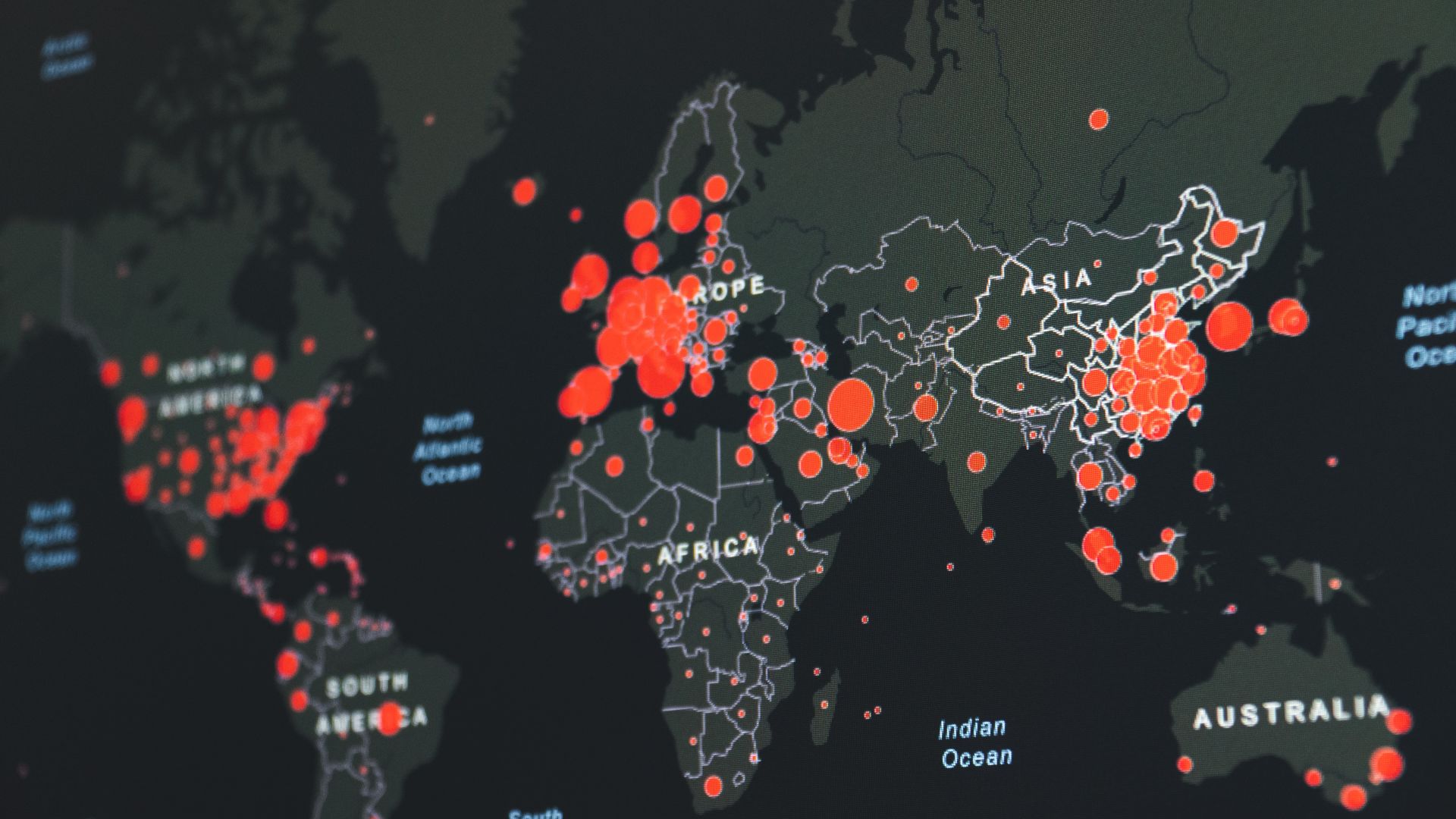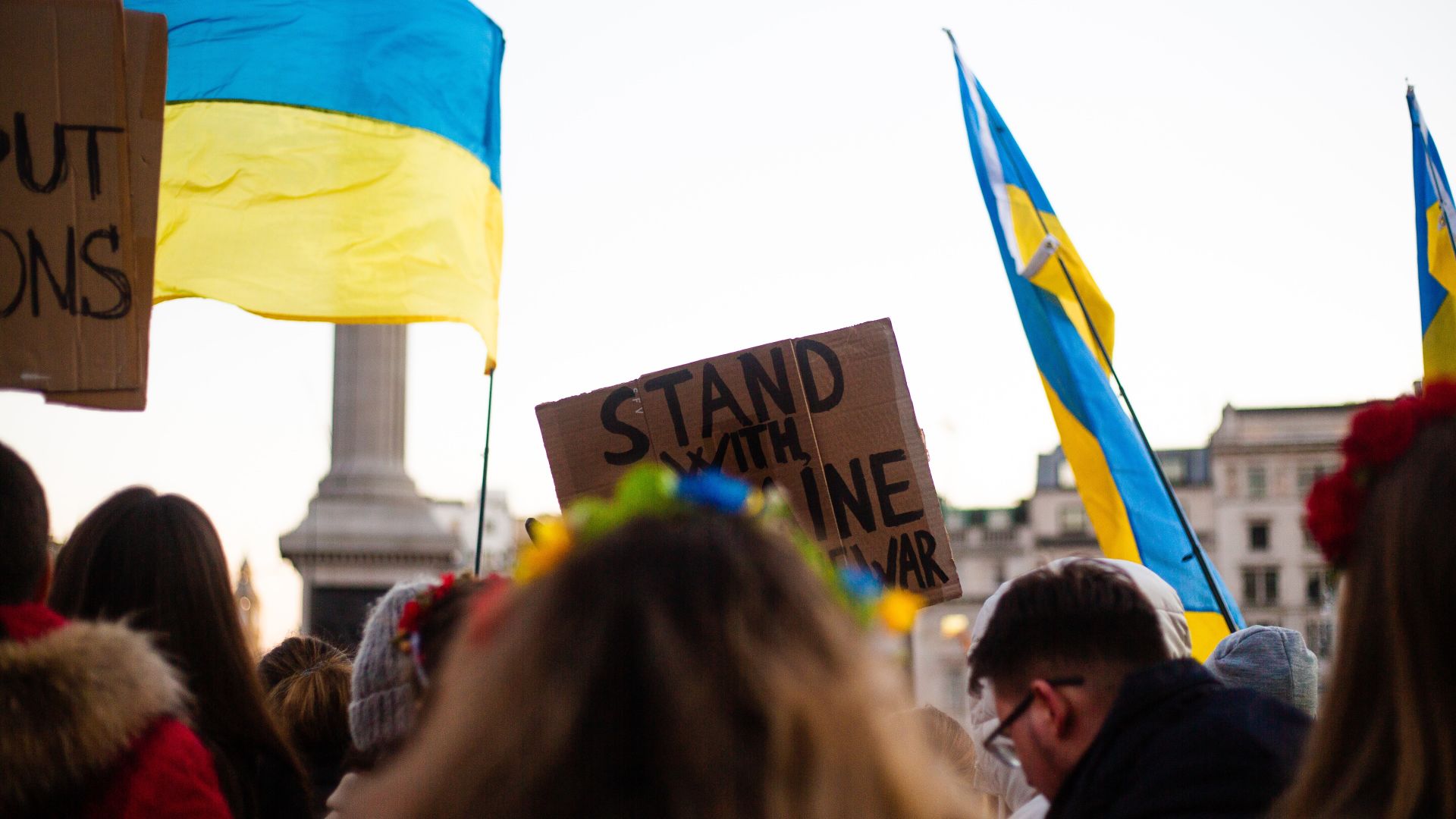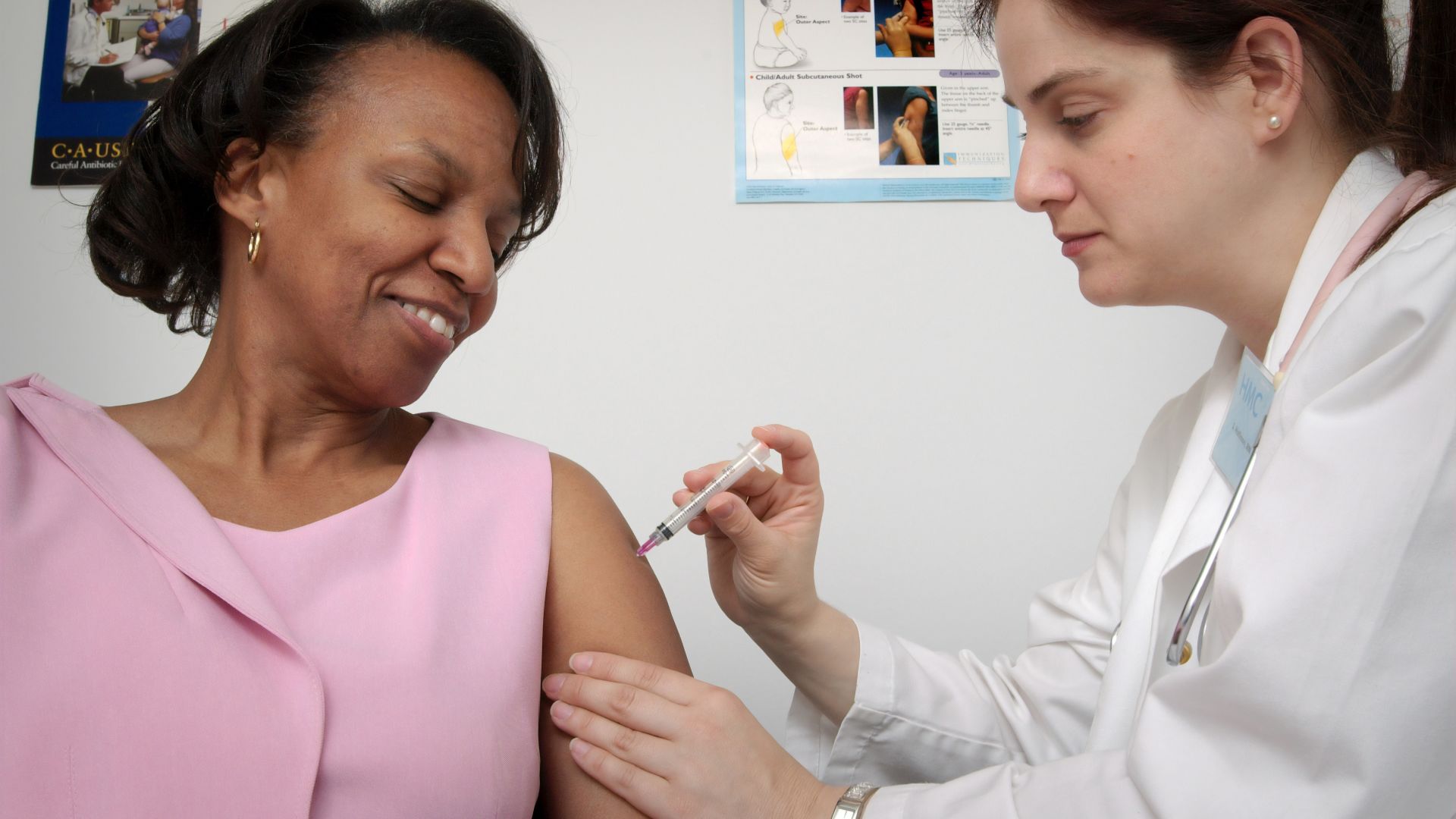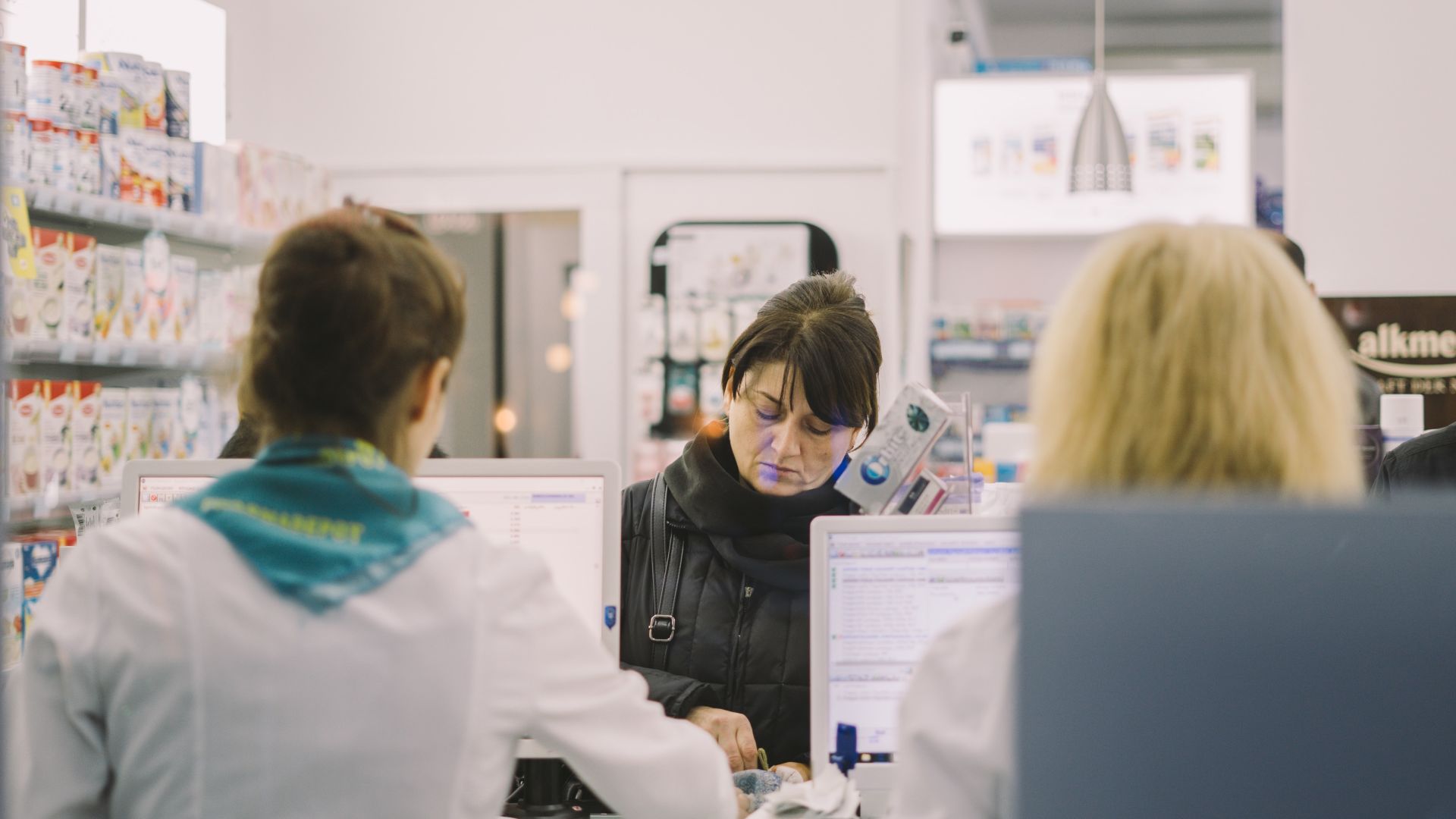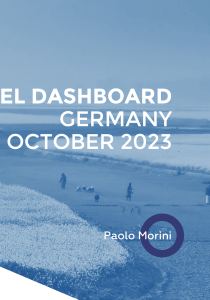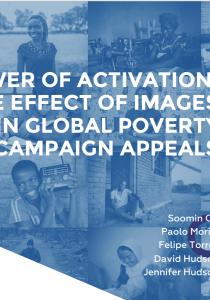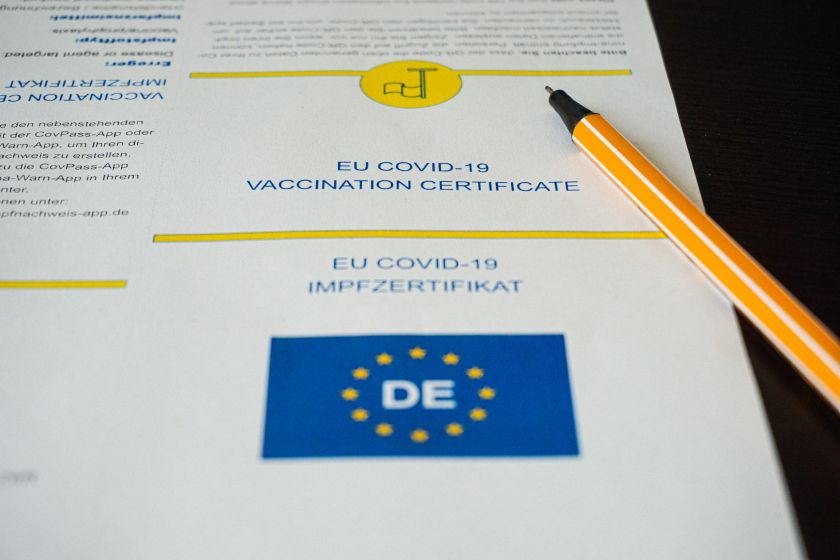
Since the onset of the pandemic, the issue of vaccine equity has been highlighted as a global challenge, and donations of the COVID-19 vaccines to developing countries have been encouraged as an important way to achieve vaccine equity. Spearheaded by international organisations like the United Nations and GAVI, vaccines have been framed as global public goods that should be distributed and made universally available.
Public goods, by definition, are non-rivalrous – someone’s enjoyment of the good does not interfere with another’s enjoyment of the same – and non-excludable – it is impossible to exclude individuals from enjoying the good. In practice, however, vaccines are rivalrous and excludable: donations of vaccines to the developing countries may risk access for the developed world public and vice versa, and it is possible to exclude individuals and countries from the use of vaccines if they are not donated. Given the existence of a trade-off in vaccine distribution that affects individuals in the donor countries, it is important and curious to understand where the public stand on this issue as the trade-off has a direct impact on them.
Using DEL survey data from July-August 2021 and September-October 2021, we look at German public opinion with respect to vaccine distribution and the reasoning around it. Germany, EU’s largest economy, committed in September 2021 to donating 100 million doses of COVID-19 vaccines by the end of 2021 (although, whether it will meet this target is another discussion). Where does the public stand on this issue?
‘Germany First’ in Vaccine Distribution
First, we look at German public opinion toward the initial waves of vaccine distribution. Our June-August 2021 survey found that a plurality - 44% - of the German public wanted to prioritise Germany first in the distribution of vaccines, even if it meant developing countries would lose access. A significant proportion of the population - 31% - prioritised developing countries, even over Germany. These opinions were consistent across age groups and to some extent partisanship, with CDU/CSU, SPD, FDP, and AfD supporters prioritising ‘Germany first’ and Linke and Grüne prioritising ‘developing countries first’.
While a divisive topic, it is perhaps unsurprising that a plurality wanted to “put the oxygen mask on themselves first before assisting others”; just over half of the German population were fully vaccinated during the time of the survey. On the other hand, it is somewhat surprising to see a substantial portion – 3 in 10 – prioritising the developing world first. In light of this split, understanding why the public wants to provide vaccines to the developing world even at the expense of Germans’ access is important, especially in light of the continued low rates of vaccination in low-income countries.
We tried to understand this question through two methods: first, we provided a list of reasons that someone might support vaccine equity asked which they find most compelling. Second, we used an experimental design to draw out the key dimensions that affect one’s likelihood to support equitable global vaccine distribution.
First, when we provided a list of reasons for equitable vaccine distribution, respondents gravitated toward three in particular: ‘moral cosmopolitanism’, ‘global health disparity’, and ‘global epidemiology’. These align with the reasons they gave for supporting vaccine donations. For those respondents who supported ‘Germany first’, on the other hand, they favoured ‘moral nationalism’, ‘national health disparity’, and ‘global health disparity’. The ‘Germany first’ responses could be interpreted as follows: even those who support vaccinating Germans first are well aware of the global health disparity. But even as they believe there is global health disparity, their health and safety come first.
For our second approach, we used an experimental design to tease out the dimensions that drive the public’s support for vaccine donation schemes. Respondents were given two vaccine donation schemes that varied in three dimensions: (1) the amount of Germany’s vaccine supply that was donated, ranging from 5% to 20%; (2) the location of recipient countries, from Sub-Saharan Africa/Middle East and Northern Africa to South Asia and Southeast Asia; and (3) the timing of the donation, from ‘now’ to ‘after all who wants it has received it.’
Two key findings emerged: the German public is more likely to support a scheme that donates to SSA/MENA after everyone who wants vaccines in Germany has received them, and they are less likely to support schemes that would donate ‘now’ to Europe/Central Asia or South Asia/Southeast Asia. The number of doses did not have a significant effect save for one: Respondents were less likely to support a vaccine donation scheme that donated 5% - perhaps considered too measly.
The main point we can glean from this experiment is that even when the issue is a global one, there are significant preferences about where the public would prefer the vaccines to go. This could be a function of their perception of where the outbreak had the greatest impact, or where they perceive the greatest need, to name a couple of possibilities.
The Future of Global Vaccine Equity
Given that the initial set of findings around public preferences on vaccine distribution were taken in the initial stages of vaccine distribution in Germany, an interesting question arises: does greater stability with vaccinating the public – including administering booster jabs – change where the public stands? In September – October 2021, we asked the German public a similar question, highlighting the trade-off once again. We asked if the public would be willing to suspend Germany’s booster jabs in favour of donating more doses to countries in need. The responses were similar, but reversed. 4 in 10 opted to suspend booster jabs to donate, although 3 in 10 still want to continue booster jabs before donating. As before, this was a mixed result, where a high portion of the population wanted to donate doses of vaccines, but still with a substantial proportion who prioritised ‘Germany first.’
What does this tell us? The public’s view changes ever so slightly when the trade-off involves inflicting a risk on their pot of public goods. The level of vaccination matters little when the public good is in fact rivalrous – where there is a trade-off between Germans getting access and donating German doses to other countries.
We find that the public, faced with an acute trade-off, leans more towards protecting themselves, and strongly believe that the government should protect its citizens first before helping others. To garner support from the public on vaccine equity and distribution, it would be important to tackle the concept of a trade-off by reducing the rivalrous nature of vaccine donation, perhaps by waiving patents on the vaccines and providing technical assistance so that developing countries can produce for themselves.






